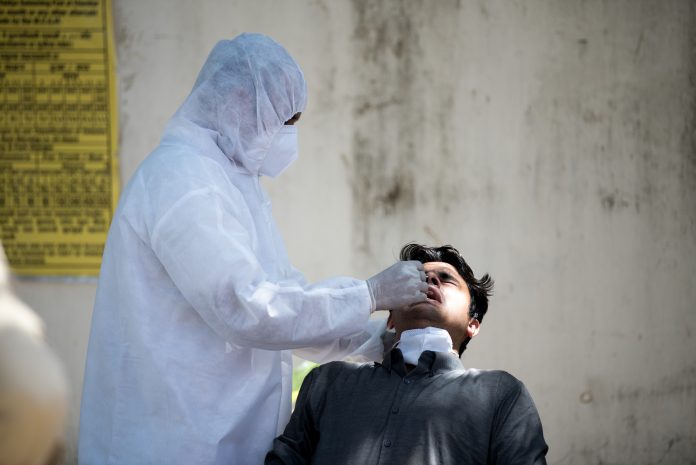European Public Health Association Executive Director, Dineke Zeegers Paget, updates us about COVID-19 and its impact on society, public health, healthcare and equitable access to vaccines
In January this year, EUPHA published a contribution in Open Access Government entitled: COVID-19: Solidarity is needed the most and here we are again, writing about COVID-19 and its impact on society, public health, healthcare and equitable access to vaccines. Despite our efforts and our hopes, COVID-19 is far from over. Despite the development of multiple vaccines, COVID-19 remains a challenge. So where did we go wrong? What decisions, actions and non-actions are hindering our efforts to overcome this pandemic? Multiple factors are playing a role.
The impact of COVID-19
The biggest factor is COVID-19 itself. This is not just a simple virus that we are dealing with. The virus seems to have the skill to mutate beyond the virus we have had in the past. We have the British, South African, Brazilian and more recently Indian variant, all with about a 50% increase in transmissibility and – very often – more severe disease. To counter this pandemic, we need to have the resources and means to study the virus and its variants and propose effective countermeasures.
The use of research
This brings me to the second factor: access to and use of research. In an ideal world, research is well-funded, available to all and produces clear recommendations to open-minded policy-makers in a timely manner. Research should be available to all and published by all (after a peer-review process). Translation into policy remains an important step, often missing from core research, often not listened to by policy-makers. But what we need most from research is an open and clear debate when the evidence changes over time. Without this open debate, trust in science will decrease and lead to a politicisation of the problem.
The healthcare system
The third factor is the healthcare system. Over the years, we have seen disinvestment in the healthcare system, and – now – the system is overstretched in its fight against COVID-19. The system cannot cope with the combination of more COVID-19 patients and an increase in chronic patients. The decision to focus on the pandemic has led to delays in regular screening and care for chronic patients, and this will lead to a serious increase in the demand for chronic care and possibly higher mortality after the pandemic.
The healthcare workforce
The fourth factor is the healthcare workforce. Ironically, WHO has made 2021 the International Year of Health and Care Workers; a year where healthcare workers are overstretched, overworked and mentally, emotionally and physically exhausted. Next to applauding and appreciating health workers, not much has happened in improving their current situation. Why wait to update the healthcare system until after the pandemic (build back better) when the healthcare system needs updating NOW. Healthcare workers need access to proper training, proper protective equipment, proper psychological support and proper wages.
Public health interventions and non-interventions
The fifth factor is public health interventions and non-interventions. Public health – from the beginning – advised on hygienic measures (washing your hands, keeping a distance), but this was not enough. More measures were needed, measures that intruded on the individual’s right to freedom (closing restaurants, limitations on the freedom to go to places). These restrictive measures have been very unpopular, decreasing the willingness to comply and, therefore, increasing the risk of spreading the pandemic.
COVID-19 vaccination
The sixth factor is related to vaccination. Vaccines could be our way out of the pandemic, but vaccine uptake has been slowed down by vaccine shortages, reports on (serious) side effects and anti-vax campaigners. If vaccination is our way out, we need herd immunity and this can only happen if the majority of the population can get and wants to get vaccinated. And even if we see good progress in several countries, vaccination needs to be implemented everywhere, including the vulnerable groups.
The role of the individual
And finally, the last factor playing a role is the individual. Yes, this is a difficult time with restrictions on freedom and actions, but there is no other choice. We need to go through this together, supporting each other, take care of each other and those in need and appreciating those who are trying to save lives. Not just in Europe, but everywhere in the world.
The need for collaboration
These seven factors show a clear need for collaboration, solidarity, perseverance, open dialogue and transparency. We need to work together, between countries, between different professions, sharing resources. If we don’t work together as one, COVID-19 will most certainly use our weaknesses and differences to stay with us for a long, long time. Like Obama said so many years ago: ‘Yes, we can!’ And we definitely should.











